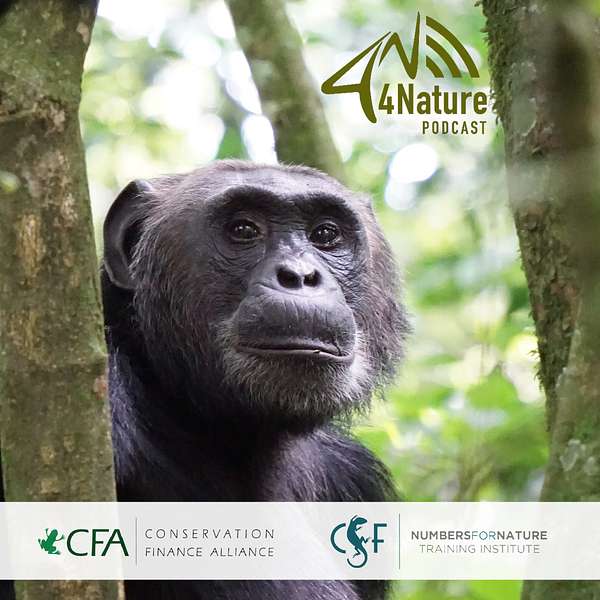
4Nature
4Nature
Inspiring Locally-Led Marine Conservation with Des Bowden
In this episode, 4Nature travels to Kuruwitu, Kenya for a conversation with Des Bowden of Oceans Alive about their work to preserve the coastal and marine ecosystems in Kenya.
After a morning watching a migrating pod of humpback whales and snorkeling in one of the protected and restored coastal areas, David and Des discuss what began as a conversation with the community elders about native and sustainable fishing traditions and turned into Karutu - a collective which established the first locally-managed marine area in the Western Indian Ocean (LMMA, or Tengefu in Swahili). Des shares details about the conservation efforts of Oceans Alive to empower and enable local communities to protect their marine resources and how establishing the first LMMA has proven that a locally-led approach is a successful conservation strategy, inspiring the establishment of 30 other LMMAs along the coast of Kenya.
_________
The Kuruwitu Community - Our story
The Kenyan coast where we live looked like paradise. Green palms, silver sand, coral reef and blue, blue sea.
But in truth not all was well.
Our people were hungry, the reef was dying. The picture postcard scene was falling apart. The pressures of the outside world - international fishing pirates, the lure of the big markets, the greedy aquarium trade - had led to fatal over-fishing. The fish got smaller and smaller. The shoals got smaller and smaller too. The coral began to die. The reef, the nursery of the deep sea fish, was bare and grey. Our families started to get hungry. The harder we fished, the worse it got.
That’s how it used to be. 20 years ago we started trying to change. Our idea was to work together as a community to heal the reef, to bring back the fish and to begin to control the size, weight, quality and price of what we could take to market. We also looked forward to feeding our families with fish that we could afford to eat ourselves. It hasn’t been easy but we have come a long way. Our success has caught the attention of the other communities along our coast who have suffered like we have. They want to learn how they too can protect their blue-water fishing and bring their dying reefs back to health.
Of course we still need help. We have years of mistakes to put right. We need protection from the large and powerful commercial predators who are attacking our stocks. We need investment and training to set up our own marketing channels. We need help to build a life that doesn’t need help.
But we have already shown that working together can change our lives.
It’s only a very small start in a very small corner of Africa but we believe that the lessons we have learned could make a really big difference to coastal communities all over the world. We would like them too, to find, once again, pride and confidence in being able to feed their families and to see their reefs and seas, safe and unthreatened, full of colour and life.
It’s only a small ripple now, but it could turn out to be a really big wave.
Learn more at https://www.oceansalivekenya.org/